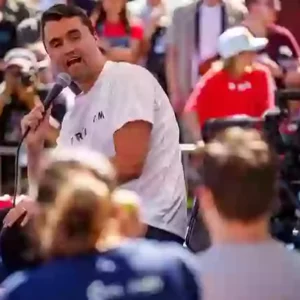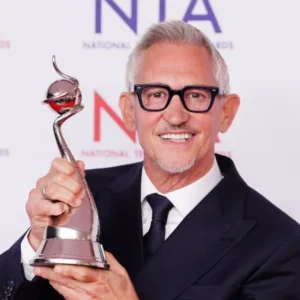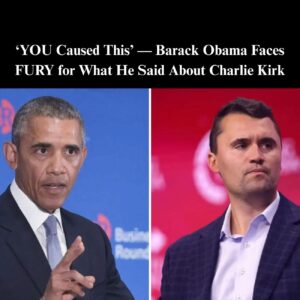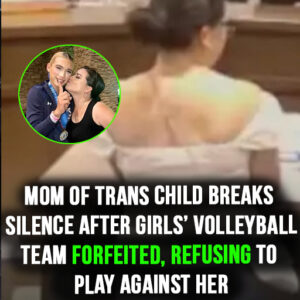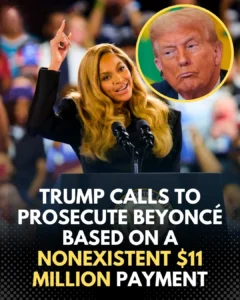
President Donald Trump has called for the prosecution of Beyoncé, alleging that she received an $11 million payment from the Democratic Party in exchange for endorsing Kamala Harris during the 2024 election.
However, no evidence supports this claim.
Federal Election Commission records show that Beyoncé’s production company, Parkwood Entertainment, was paid $165,000 for event-related expenses, not for any political endorsement.
Trump’s accusation has been debunked by fact-checkers and dismissed by those involved, including Oprah Winfrey and Al Sharpton, who were also reimbursed for production costs tied to their appearances, not endorsements.
Critics argue that Trump’s allegations may be an attempt to divert attention from other ongoing controversies.
No federal law prohibits celebrity endorsements in political campaigns, and payments for production costs are legal under current regulations.
The White House has not indicated any plans to pursue legal action over Trump’s accusations.
This situation has sparked ongoing debates about campaign finance and the influence of celebrities in politics.
While Trump’s claims have been widely refuted, the controversy continues to fuel political discourse.
For now, the discussion centers on whether celebrity involvement in political campaigns could be subject to greater scrutiny moving forward.
